Milk has always been there for us almost every moment. From breakfast to snacks, and sometimes we need a glass of milk to help us sleep better at night. However, here comes the million-dollar question: Can your pets have milk?
I believe some
pawrents are tempted to share dairy milk with your furry friends, but still, you have your doubts. So, here are the facts that you should know before giving your pets milk:
Can Your Pet Drink Dairy Milk?

Cats
Can cats drink milk? The answer is a solid ‘NO’! The milk we normally drink contains lactose, which is the carbohydrate found in cow/ goat milk.
“As kittens grow up into cats, intestinal lactase (the enzyme catalyzing lactose digestion) decreases to a fraction of that found in kittens,” explains Dr. Ann Hohenenhaus at The Animal Medical Center in NYC.
The only time in a cat’s life to digest lactose properly is at birth and during the early years of life. That’s why your kitties could feed off their mother’s milk. However, as your kitten ages, its lactase level will become lower and thus making it harder to digest lactose. This often results in most grown cats becoming lactose intolerant.
So, if your grown feline friend ingested dairy milk, it may develop diarrhea or even vomiting due to the inability to digest high levels of lactose.

Dogs
That’d be a 50/50. Why? Dogs do not process fat as easily as humans do, thus milk should only be served occasionally. So, if your canine buddy has loose stool or bad gas after consuming dairy milk, there’s a higher chance that it is lactose intolerant. On the other hand, if your pet dog isn’t lactose intolerant, it may also cause some dietary issues.
The problem with dairy milk is that all the carbohydrates are sugars, mostly lactose. So, even if your dog can tolerate lactose, this amount of sugar without the complex carbohydrates and dietary fiber may cause an imbalance in your dog’s diet. And, too much fat in your dog’s diet can also cause pancreatitis and obesity.
Wondering whether you have an obese pet? Click here to find out more.
Better Substitutions for Dairy Milk

1. Clean, Fresh H2O
A clean source of water is the best! Not just for humans, but pets as well. Water is important for promoting peak organ functions. Therefore, replacing milk intakes with freshwater could work wonders on your furry friends.
Especially for cats, which are generally
less keen on drinking water. If you’re worried about your cats for not getting sufficient water, you could feed them wet food. Doing so could keep them hydrated.
 2. Plain Yogurt
2. Plain Yogurt
What to do if your pet dogs are fans of dairy milk?
Well, you can share plain yogurt with your canine friends, provided that they can tolerate lactose, of course. You can top the yogurt on their food when you’re feeding them. However, keep in mind that it has to be plain yoghurt, and not the sweetened or flavored ones.
There are other benefits of yogurt such as plain yogurt can also be used as a
home remedy to treat mild diarrhea as it helps to calm overactive digestive system.
Do your doggy friends refuse to take their medications? Try hiding the pills inside the yogurt, especially thick Greek yogurt, to trick them into taking their meds.
Important note: Since cats are unable to digest lactose, it is best to never feed your cats with any dairy products including yogurt, be it plain or sweetened.
3. Milk Specified for Pets
If you’re insisting on feeding your pets with milk, it’s advisable to give them pet milk as most types of pet milk are lactose-free. Thus, it’s pet-friendly for them to consume.


Certified pet milk powder like
PETAG KMR® Kitten/ Cat Milk Powder (or
Puppy/ Dog Milk Powder) contains prebiotics and probiotics, which can supply necessary vitamins and minerals to ensure proper development and growth. Plus, with the milk powder formulated to provide a caloric pattern similar to mother’s milk, it provides sufficient protein, fat, and carbohydrates in your feline’s diets.

Or, you could also try
Zeal Lactose-Free Pet Milk, which is suitable for both cats and dogs. ZEAL® New Zealand Pet Milk is made from 99.5% lactose-free cows’ milk and is easy to digest while maintaining all the natural goodness and taste of cows’ milk.
Lastly
And ultimately, a high-quality premium diet will be able to provide your pets with sufficient calcium and other necessary nutrients. Thus, you don’t have to worry about your furry friends for not able to keep their bones healthy and strong.
 2. Plain Yogurt
What to do if your pet dogs are fans of dairy milk?
Well, you can share plain yogurt with your canine friends, provided that they can tolerate lactose, of course. You can top the yogurt on their food when you’re feeding them. However, keep in mind that it has to be plain yoghurt, and not the sweetened or flavored ones.
There are other benefits of yogurt such as plain yogurt can also be used as a home remedy to treat mild diarrhea as it helps to calm overactive digestive system.
Do your doggy friends refuse to take their medications? Try hiding the pills inside the yogurt, especially thick Greek yogurt, to trick them into taking their meds.
Important note: Since cats are unable to digest lactose, it is best to never feed your cats with any dairy products including yogurt, be it plain or sweetened.
2. Plain Yogurt
What to do if your pet dogs are fans of dairy milk?
Well, you can share plain yogurt with your canine friends, provided that they can tolerate lactose, of course. You can top the yogurt on their food when you’re feeding them. However, keep in mind that it has to be plain yoghurt, and not the sweetened or flavored ones.
There are other benefits of yogurt such as plain yogurt can also be used as a home remedy to treat mild diarrhea as it helps to calm overactive digestive system.
Do your doggy friends refuse to take their medications? Try hiding the pills inside the yogurt, especially thick Greek yogurt, to trick them into taking their meds.
Important note: Since cats are unable to digest lactose, it is best to never feed your cats with any dairy products including yogurt, be it plain or sweetened.

 Certified pet milk powder like PETAG KMR® Kitten/ Cat Milk Powder (or Puppy/ Dog Milk Powder) contains prebiotics and probiotics, which can supply necessary vitamins and minerals to ensure proper development and growth. Plus, with the milk powder formulated to provide a caloric pattern similar to mother’s milk, it provides sufficient protein, fat, and carbohydrates in your feline’s diets.
Certified pet milk powder like PETAG KMR® Kitten/ Cat Milk Powder (or Puppy/ Dog Milk Powder) contains prebiotics and probiotics, which can supply necessary vitamins and minerals to ensure proper development and growth. Plus, with the milk powder formulated to provide a caloric pattern similar to mother’s milk, it provides sufficient protein, fat, and carbohydrates in your feline’s diets.
 Or, you could also try Zeal Lactose-Free Pet Milk, which is suitable for both cats and dogs. ZEAL® New Zealand Pet Milk is made from 99.5% lactose-free cows’ milk and is easy to digest while maintaining all the natural goodness and taste of cows’ milk.
Or, you could also try Zeal Lactose-Free Pet Milk, which is suitable for both cats and dogs. ZEAL® New Zealand Pet Milk is made from 99.5% lactose-free cows’ milk and is easy to digest while maintaining all the natural goodness and taste of cows’ milk.


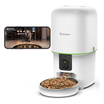

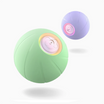
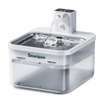
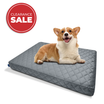
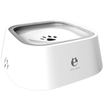

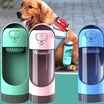
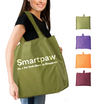
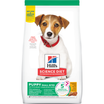
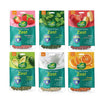
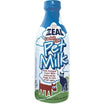


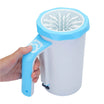
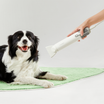
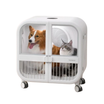
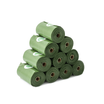
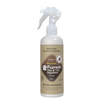
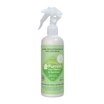
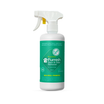
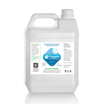
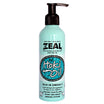
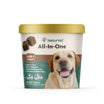
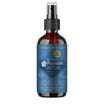






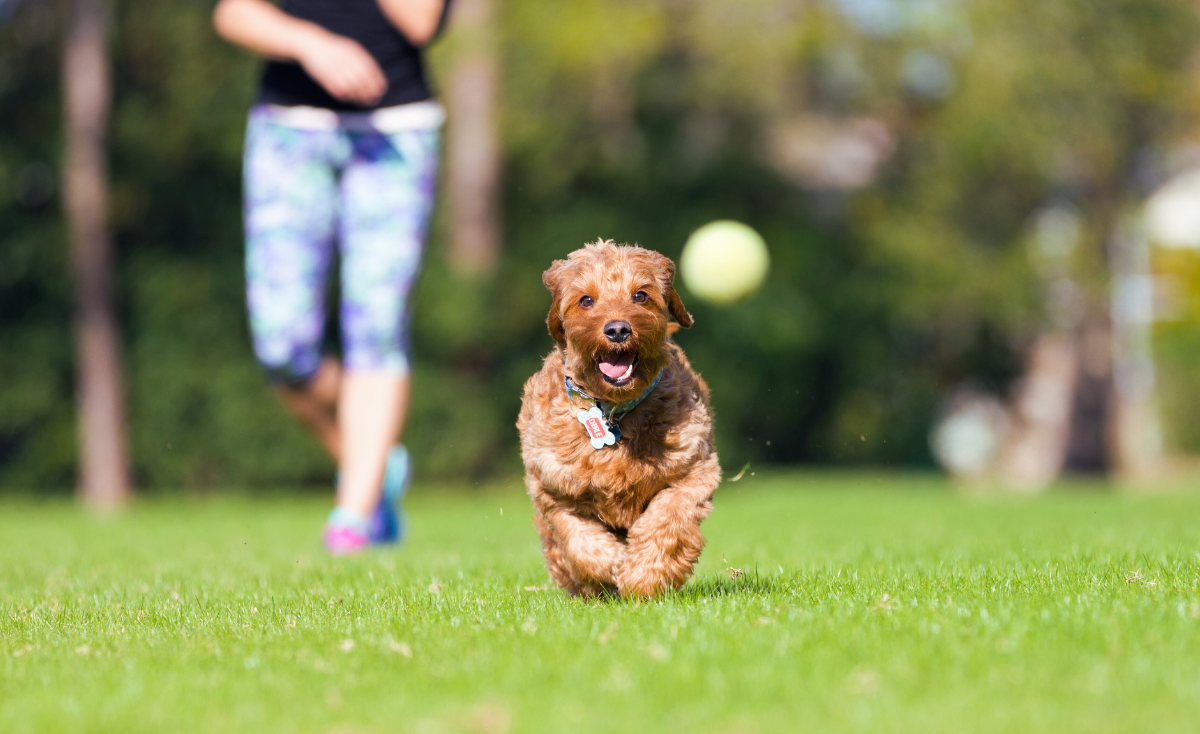


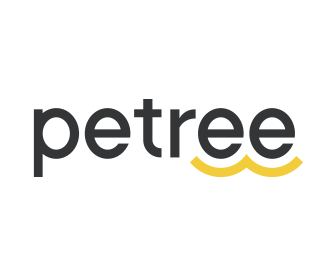
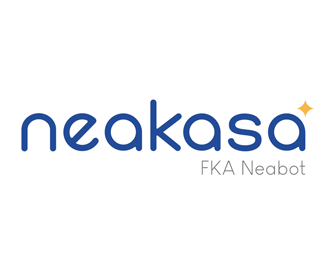
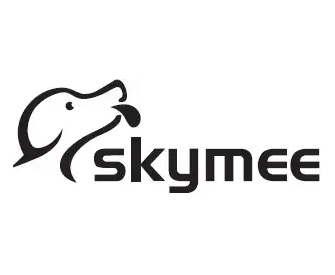
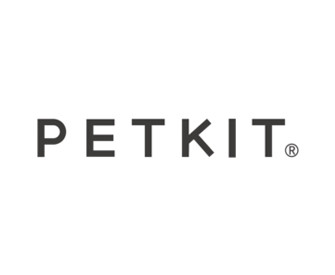


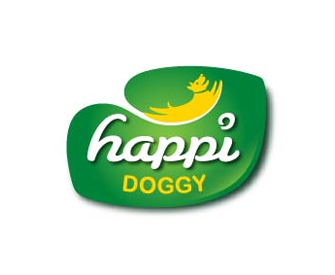
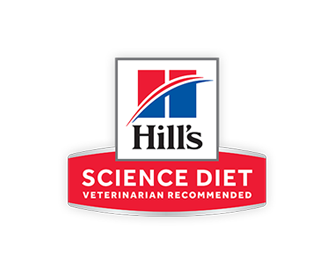
Leave a comment
All comments are moderated before being published.
This site is protected by hCaptcha and the hCaptcha Privacy Policy and Terms of Service apply.